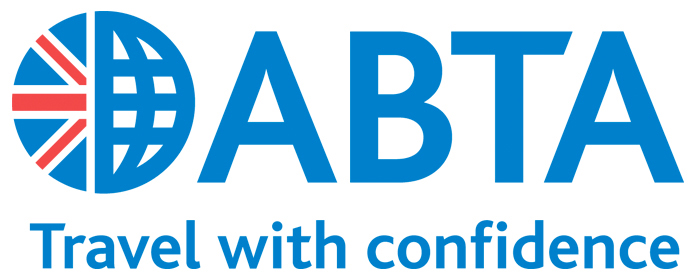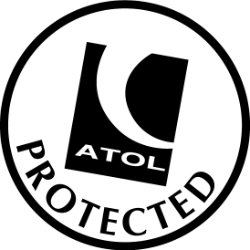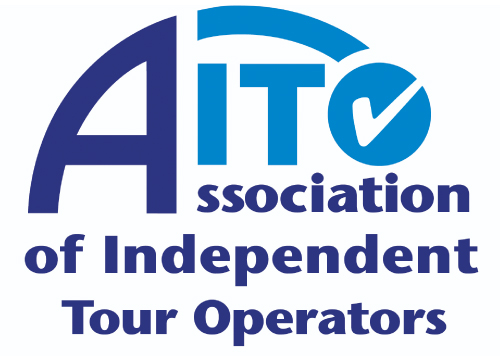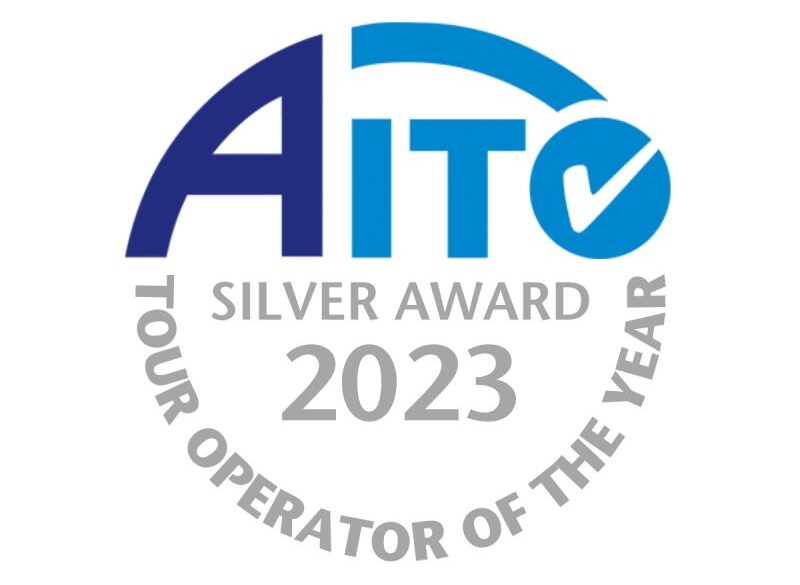Health
There are no compulsory health requirements for entry into Brazil. Precautions are advised for yellow Fever, Typhoid, Polio and Malaria. We suggest you contact your local G.P. for current advice and recommendations or telephone to one of the organizations listed below. You are advised to have full medical insurance coverage. Please note that if you are entering Brazil via Peru, Ecuador or Colombia, you will be required to provide an up-to-date yellow fever vaccination certificate for immigration purposes. Avoid eating and drinking local products from street vendors and restaurants with suspect hygiene or refrigeration practices. It is advisable to drink only bottled water at all times.
Security
Brazil, especially Rio, has had a bad reputation for personal security and many potential visitors have been put off travelling there. Much of this reputation can be put down to wild exaggeration, but it has had the beneficial effect of spurring the various city authorities into doing something about it. There are now far more tourist police, who are a great deal more helpful to visitors, and there is much better patrolling of problem areas. Although there is far more being done to improve security, an awareness of the following will lessen the risk to you and your belongings.
Valuables
Be aware that most crime is opportunistic and the best way to avoid theft is to blend in and stay in safe areas (if in any doubt please check with your tour guide, hotel receptionist or concierge, whether where you want to go is safe). Take the absolute minimum when going out. A camera is a necessity for most travelers, but if it is possible to keep it in a jacket pocket, then do so. It is not advisable to take valuable jewelry or a visible wristwatch. Money should be taken in travelers checks, with the receipt numbers retained separately in case they are lost or stolen. Cash kept on your person should be kept to a minimum. Wherever possible, leave any valuables, documents and passports in your hotel safe-deposit box (most good hotel rooms in Brazil have safes, but you will normally have to pay a daily fee for this service). If you have to take a bag while you are out, hold it in front of you, where you can see it. Beaches: a great deal of Brazilian culture and leisure revolves around of it. As a result, the beaches can be great fun and very relaxing places. However, please bear the following in mind: beaches in and around the major cities tend to be quite crowded so the advice given above is especially applicable: never visit the beach after dark; always take a mat to lie on as sand flies are quite widely prevalent; please bear in mind that the sun in Brazil can be more direct and stronger than what you have experienced in Europe, so extra precautions are necessary; some areas, particularly in Rio, have dangerous undertows so you should stay near other bathers and observe the warning flags: red=dangerous / White Water is safe.
Money
The Brazilian currency is the REAL; 100 centavos (one hundred cents) = one real. Bank bills are in denominations of 100, 50, 20, 10, 5, 2; coins are 1.00 real; fifty centavos, twenty five centavos, 10 centavos, five centavos and on centavo. All banks and exchange offices accept travelers checks and foreign currency. It is advisable to take US Dollar travelers checks or currency as this is more readily exchanged than other currency. There is a currency exchange black market, but you are strongly advised to ignore anyone who approaches you, asking if you want to change money. Credit Cards: Access, MasterCard, American Express, Diners Club and Visa are accepted in the majority of hotels, shops and restaurants. Banking Hours: 10:00 to 16:00 Monday to Friday (may vary in some banks). ATM are also available in the main cities. There is a limited amount to be withdrawn daily. After 10:00 PM it is only possible to withdraw up to one hundred reais. Depending on the bank no withdrawals are allowed after 10:00 PM.
Tipping
In most restaurants and bars a 10% service fee is added to the bill. More sophisticated places may add on 15%. If service is not included it will be stated at the bottom of the bill: Serviço “não incluído”. Taxi drivers do not expect a tip, but it is normal to round up the final price. You should be aware that the amount shown on the meter may not always correspond to the amount you are due to pay. In case the driver asks more than the amount in the meter, please look out for a separate sheet taped to the window which will tell you how much the amount on the meter equates to.
Language
The official language is Portuguese. Some English is spoken, particularly in the main cities, but the nearest thing to a second language is Spanish with which you will generally be able to make yourself understood.
Time





